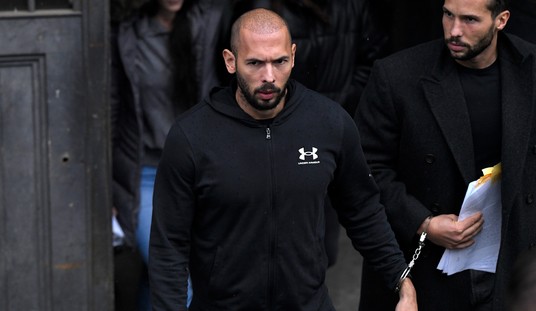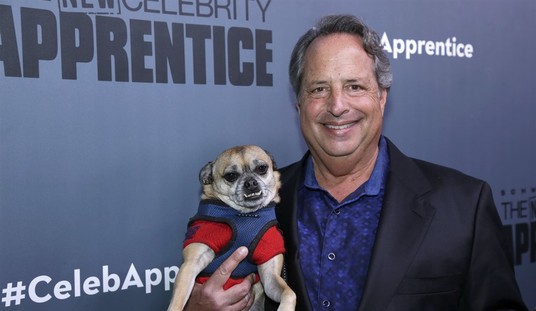For those of you not familiar with Hal Malchow, he's a long-time Democratic political strategist and author who was an early pioneer of targeted direct-mail political campaigns. His very successful career lasted for many decades until now when he is in his seventies. This week, that career will come to an end because Hal Malchow is going to die on Thursday. He isn't suffering from a physical terminal illness, nor is he expecting assassins to come for him. He is in Zurich, Switzerland and he will die in an apartment there in the company of his son and family members after a nurse administers a fatal dose of medication to him. He's been planning this for many years because Hal has Alzheimer's Disease and he is rapidly losing his cognitive abilities. He does not wish to be a burden on his family and decided, as he recently put it, that he is "done." (Politico)
On Thursday, March 21, one of the Democratic party’s most accomplished campaign consultants will die.
In a sense, Hal Malchow has been planning for this day ever since 1987, when a genetic marker test revealed he was likely to develop Alzheimer’s. At the time, he was barely 35 years old, a hustling political operative who had recently come off managing Al Gore’s first Senate campaign while overcome with worry about his mother’s early descent into dementia. (Around her 50th birthday, she was discovered wandering lost in a parking lot in the Mississippi town where she had lived her whole life.) After his mother’s untimely death, in 1990, Malchow was intent on never letting himself endure the same thing. If he showed symptoms for Alzheimer’s, Malchow resolved at the time, he would take his life before he became too diminished — and became a burden to those around him.
That vow hung over Malchow for decades as he helped to pioneer the specialty of direct mail in political campaigns, first with letters seeking donor contributions and then glossy flyers hunting for votes. Malchow oversaw mail programs for five Democratic presidential nominees and built one of the country’s largest voter-contact businesses.
I understand that some will find this story distressing, and for that, I apologize. Others will find it enraging and I can understand that sentiment as well. But it's an important story and it's worth examining how a person reaches a decision like this given how common the affliction Malchow suffers from is among senior citizens these days. For a long time now I have advocated for the right of persons dying from incurable conditions to choose how and when they depart this world rather than ending their days in continual pain and suffering. I maintained this position despite it being highly unpopular in conservative circles and I've been criticized for it routinely.
Hal Malchow's situation is different. He's not in any more physical pain than most people his age. His health is otherwise reportedly good and he could likely live for many more years if he received the appropriate care. But he won't remember most of it. He would require increasing levels of constant care and close monitoring to avoid self-injury, eventually needing help with everything from feeding himself to his bathroom needs. He eventually wouldn't even be able to recognize his own son. I know this all too well because I've watched it happen in my family.
Some will argue that this decision is in defiance of God's will and that he will pay a price for it. Perhaps you are correct, but that's a chance that Hal is willing to take and none of us truly knows for sure. Others may wish to turn away because the story is too painful to contemplate. But it's one that we will all face sooner or later unless we are suddenly and unexpectedly swept away from this mortal coil in an accident or otherwise.
Why shouldn't Hal Malchow have the opportunity to seize his own destiny and make a difficult choice that he believes is the best one for himself and his family? He doesn't want to be a burden on them. He wants them to remember him as a successful, vibrant person, not a vacant ghost in a wheelchair wearing a diaper. Hal is fortunate that he was successful enough to be able to afford to seek an option in Europe. In the United States, even the states that have passed so-called "death with dignity" laws require the patient to have a terminal disease and only a short time left to live before they can be sent on their way voluntarily. Canada goes a bit far in the other direction, leaving some worried that the "helpful" MAID doctors there will attempt to put you out of your misery without asking. But the Swiss approach seems more balanced and merciful. It's fully explained in the linked article, including all of the steps Hal had to go through to receive approval and reach this point. Given how many Americans of a certain age are dealing with the same situation today, many without Hal's financial resources and options, perhaps it's time for a discussion of Switzerland's program and if or how it might be practical in America.








Join the conversation as a VIP Member